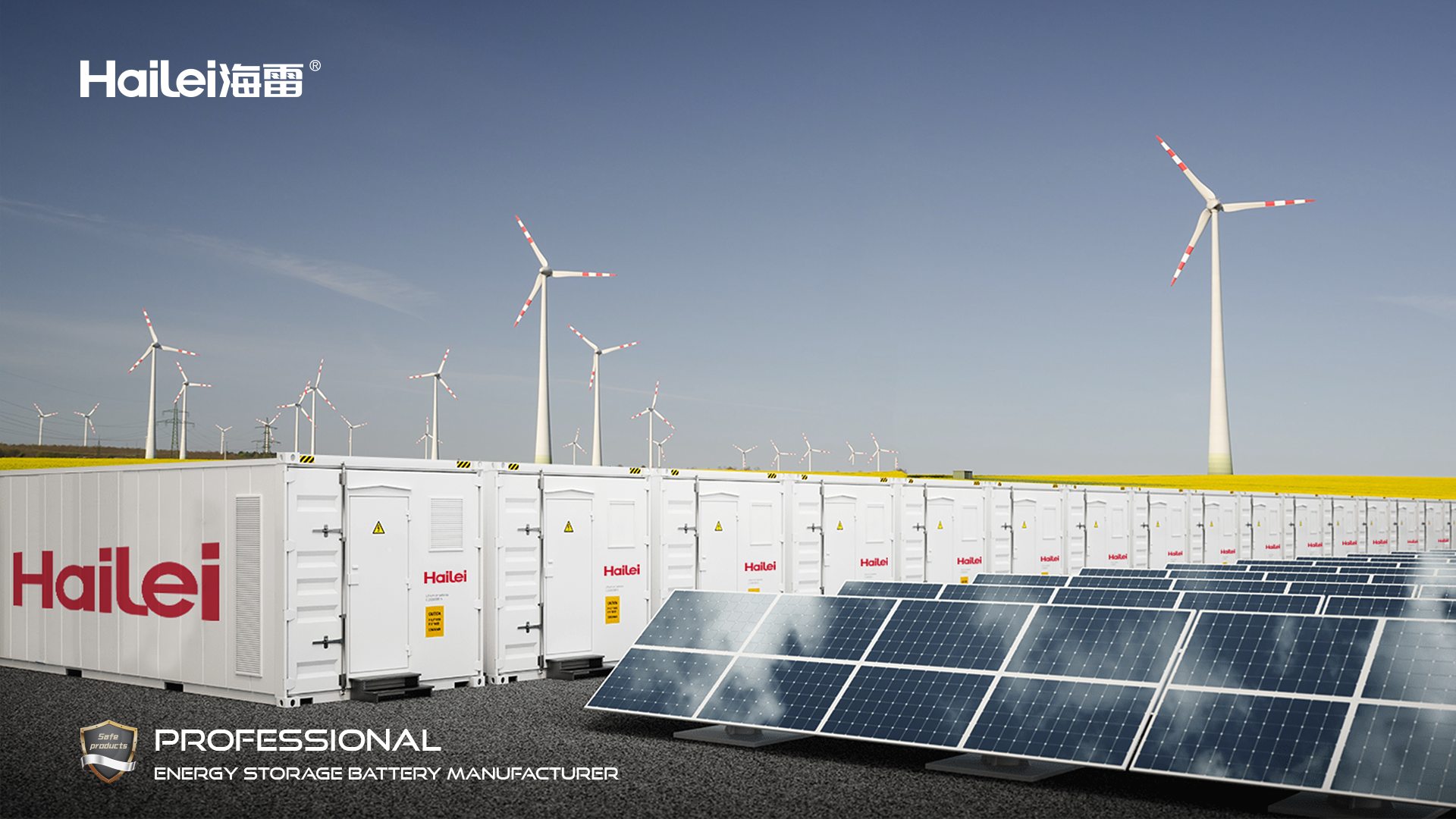Time:May 04, 2023 Views:732
1. Read the battery instructions carefully, use the recommended battery, and operate according to the operating procedures;
2. Check whether the electrical and battery contact parts are clean. If necessary, wipe it with a wet cloth. After drying, put it in the correct polar direction;
3. When there is no adult monitoring, children cannot be replaced by children. The charging of 9V batteries should be placed where children cannot get;
4. Do not mix the new, old batteries or different types of batteries, especially not mixed with dry batteries with charging batteries;
5. Do not try to use heating, charging or other methods to regenerate a battery once to avoid danger;
6. Do not shorten the rechargeable battery, otherwise it will damage the battery and heat it will cause the battery to burn.
7. Do not heat the battery or throw the battery into the water. Putting the battery into the water will fail the battery, or the fierce chemical reaction burst, or produce some harmful gases and smoke.
8. Do not disassemble the battery, or penetrate the battery with sharp weapons, because the internal electrolyte of the battery hurts the skin and clothing.
9. After using electrical appliances, disconnect the power switch to avoid causing fire due to heating;

10. Remove the battery from an electrical appliance that is not used for a long time and save the battery after empty. And take out the charge every 3 months or so;
11. The battery should be stored in a cool, dry place to avoid direct sunlight;
12. Nickel charger and lithium charger cannot be mixed;
13. Do not use the battery welding. The high temperature generated during welding will damage the internal structure of the battery, which will make the battery from being used or even dangerous;
14. Can not be charged reverse, reverse charging is equivalent to over -discharge. Excessive discharge will cause adverse reactions in the battery, cause severe damage to the battery, generate a large amount of gas, and make a chemical leakage of the rechargeable battery.
15. Do not put the rechargeable battery under rain. The rainwater will conduct electricity, and it is likely to have a short circuit, causing the battery to hot due to instantly large current discharge, damaging the battery or danger.
16. The battery cannot be stored in a high temperature or high humidity environment. The reaction of the battery itself will increase, so it cannot provide sufficient capacity to electrical appliances. In addition, under high temperature and high humidity, the aging speed of the battery will be greatly accelerated, and electronic components will also be corroded.

X

Appointment Experience